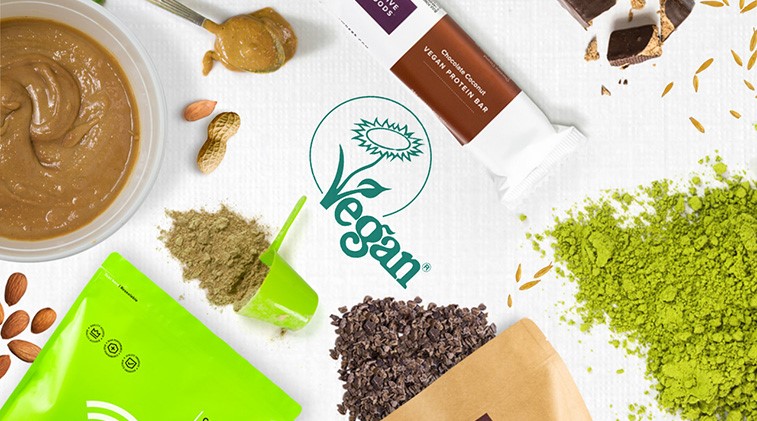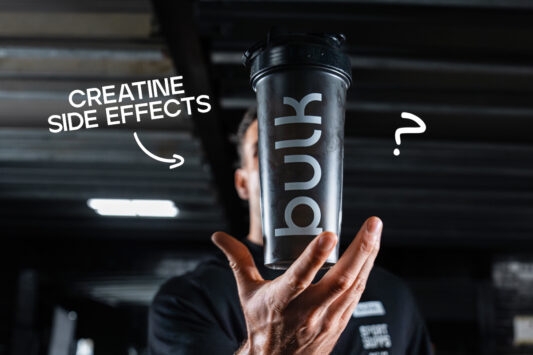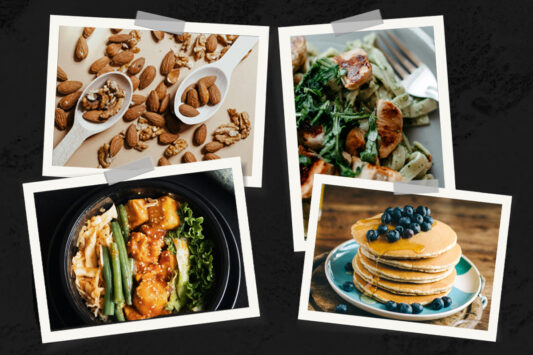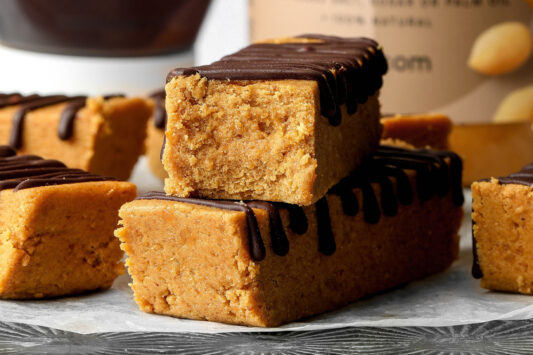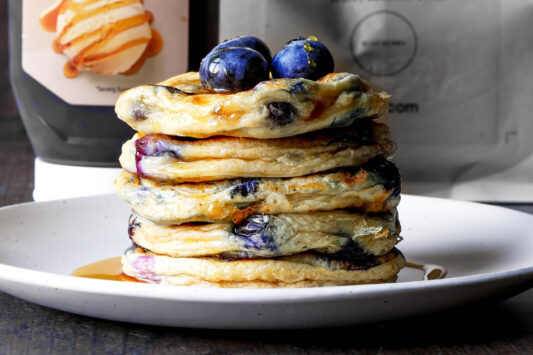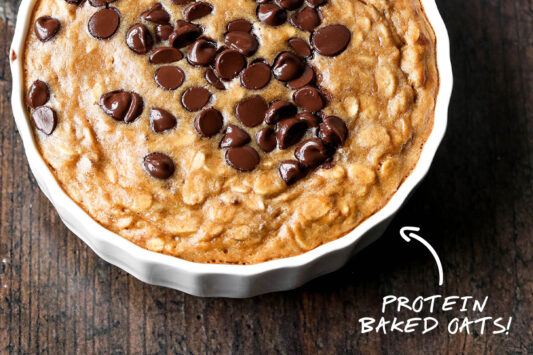Vegan diets are increasing in popularity as younger generations are becoming more aware of the ethical issues that surround the farming of animals for both meat and dairy consumption. The vegan diet is the removal of all foods that are derived from animal origins. This obviously includes all meat, fish and dairy, but also dairy bi-products such as whey and casein, and certain supplements such as omega-3 which are commonly derived from fish.
The Vegan diet or the western diet?
The vegan diet is touted to be healthier than the typical western diet and indeed this appears to be true in the prevention of many chronic illnesses, including certain cancers. However, there are some potential limitations to the vegan diet which we will discuss here alongside some ideas about what you can do to make sure if you are vegan, or thinking about becoming vegan, that you can maximise your health and still work towards your own fitness goals.
The typical western diet is actually far from healthy, so the fact that the vegan diet which is rich in fruit and vegetables is healthier should be unsurprising. Vegan diets are typically lower in calories, so vegans tend to be of lower body mass index, higher in dietary fibre, magnesium, folic acid, the antioxidant vitamins C and E as well as iron and ‘phytochemicals’, which play important protective roles against illness in the body.
We do need to consider that although the vegan diet is healthy compared to other diets, there are still some things that are potentially missing from the vegan diet which can cause potential health issues. These are especially important for those who are exercising regularly who place extra stress on the body and need to support recovery after exercise.
The Vegan diet:
Omega 3
Vegan diets are typically low in omega-3 fatty acids and although these are present in some plant sources these are not in the type the body needs. Although the omega-3 fatty acids in plants, alpha lipoic acid (ALA), can be converted to the forms we need in the body, eicosapentaenoic acid (EPA) and docosahexaenoioc acid (DHA), this only takes in small amounts. It is therefore suggested that those following a vegan diet should include plenty of sources of ALA including flaxseed, canola oil, walnuts and soy in order to insure they have an adequate conversion to EPA and DHA.
EPA and DHA are essential for many roles in the body, including brain function, heart health, joint health and controlling inflammation to name but a few of the many important processes they are required for.
For those who struggle to get enough omega-3 in these forms, there are also algae based omega-3 supplements that are suitable for vegans. These would also be beneficial for those who exercise regularly, who would likely require increased amounts of omega-3. It is recommended that either through diet or supplementation we consume around 2-3g of omega-3 per day.
Vitamin D
Vegans also tend to have a lower vitamin D status than non-vegans. Vitamin D is a supplement that even non-vegans would likely get benefit from supplementing with, as in Europe we do not get enough sunlight to synthesise vitamin D year round. Vitamin D is essential for many of the body’s functions including immune response, hormone production, controlling inflammation, bone health and cognitive function. Low vitamin D status has been associated with increased risk of certain cancers and other diseases of which particular concern for vegans is osteoporosis, as they also tend to lack calcium and zinc in the diet which are important for maintaining bone mineral density.
Vitamin D can easily be supplemented in the form of Vitamin D3 at around 2000-3000IU (50-75mcg) per day and this is sufficient to support people through the winter months. Vegans can boost their vitamin D intake by consuming foods fortified with vitamin D such as soy milk, certain breakfast cereals and margarines. For those who exercise regularly then year round supplementation with vitamin D is likely to be of some benefit. Calcium can also be obtained in supplemental form, through the consumption of calcium fortified foods and beverages, and the inclusion of plenty of green leafy vegetables.
Iron and Zinc
Vegans can also be deficient in iron and zinc even if there is plenty present in the diet. This is because phytates that are present in many grains, seeds and legumes, bind iron and zinc and prevent them being absorbed properly. Iron absorption can be increased through the consumption of fruits rich in vitamin C. By processing foods rich in phytate through cooking or soaking, or using milled or sprouted seeds/grains, this helps break down the phytate and increases the availability of both iron and zinc.
Vitamin B-12
One of the most concerning deficiencies found in vegans is that of vitamin B-12. This is associated with physical symptoms such as increased risk of fractures and cardiovascular disease, but also cognitive impairment including psychiatric symptoms and impairment of motor function. This can be avoided by consuming foods fortified with vitamin B-12. These include certain meat substitutes and fortified beverages and cereals. It is important to note that B-12 found in leafy vegetables and other plant sources has very poor availability in the body, so fortified foods or supplements are a must for vegans.
Protein
For vegans who exercise regularly, consuming enough protein can be challenging to support recovery and muscle growth. There are plenty of vegan foods that are high in protein, like nuts and seeds; however these are not complete proteins that provide all the essential amino acids our body needs. Therefore, plant sources of protein often need to be combined to provide all the essential amino acids at each meal. The only plant protein sources that contain all the essential amino acids are soy (or soy protein powders), chia seeds and quinoa. There are also vegan protein powders that combine different plant proteins to enable you to get all the essential amino acids your body requires.
All these foods do however tend to be lower in the amino acid leucine than animal protein sources. Leucine is important for triggering muscle protein synthesis (the creation of new muscle tissue), so for those following a vegan diet that are serious about muscle growth, the use of branched chain amino acid (BCAA) or L-leucine supplements taken with meals can potentially help support muscle building processes.
Take home message
In summary the vegan diet is very healthy in some regards by encouraging the consumption of nutrient dense foods that contain many essential and beneficial nutrients. However there are some considerations vegans need to take into account in order to truly optimise their health, which although challenging, can be done with some careful meal planning, the use of certain fortified foods and the inclusion of key supplements.
References
Craig, (2009) Health effects of vegan diets. American Journal of Clinical Nutrition. 89(5):1627S-1633S.
Bazzano et al., (2003) Dietary intake of fruits and vegetables and risk of cardiovascular disease. Current Atherosclerosis Reports. 5:492–9.
Davey et al., (2003) EPIC-Oxford: lifestyle characteristics and nutrient intakes in a cohort of 33,883 meat-eaters and 31,546 non meat-eaters in the UK. Public Health Nutrition. 6:259–69.
Key et al., (2006) Health effects of vegetarian and vegan diets. Proceedings of the Nutrition Society. 65:35–41.
